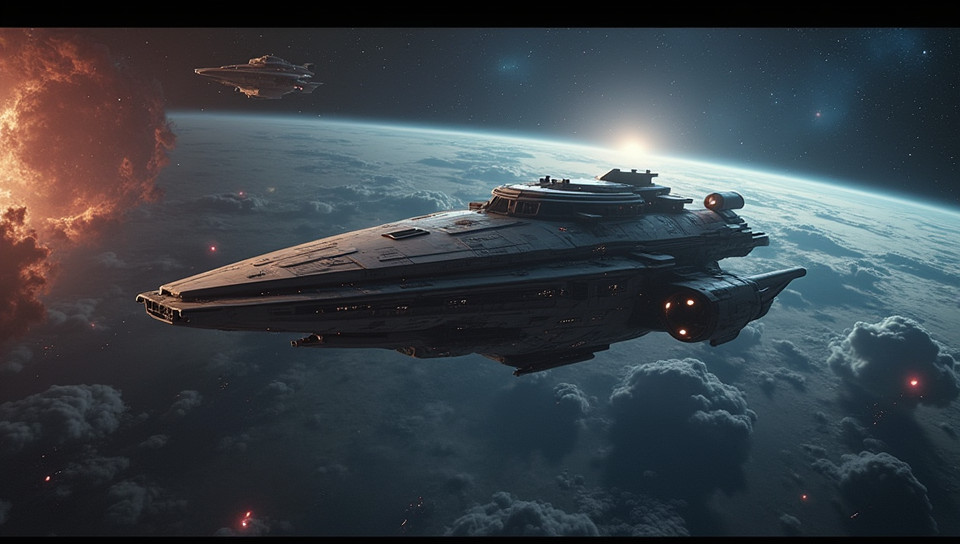Space operas are a staple in sci-fi 79%
Truth rate:

Pros: 7
Cons: 3
Refs: 0
Info:
- Created by: Ximena Moreno
- Created at: Oct. 3, 2024, 3:44 p.m.
- ID: 10933
Related:

